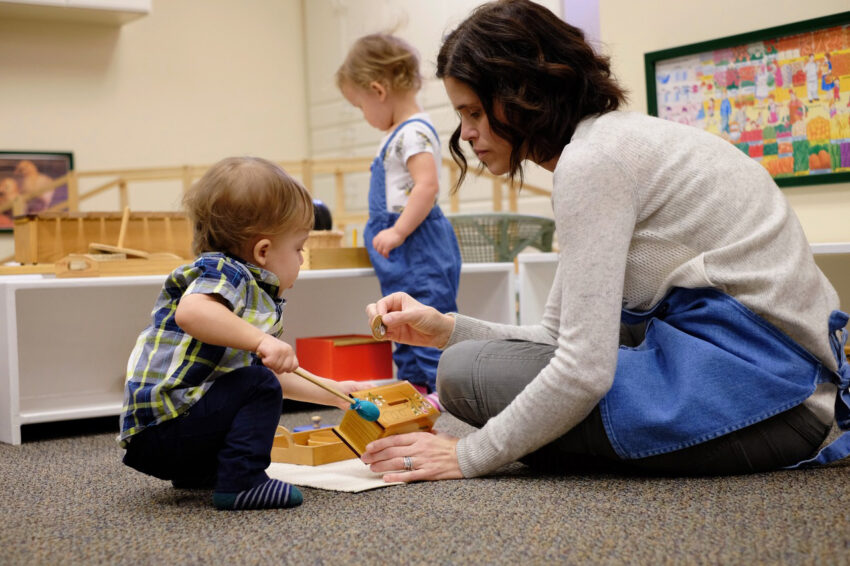International Montessori Activities for Developing Confidence and Autonomy
ontessori education is a child-centered approach that focuses on fostering independence, self-esteem, and confidence in young learners. Through a carefully designed environment and hands-on activities, Montessori education empowers children to take ownership of their learning process. In this article, we will explore some of the key Montessori activities that help develop confidence and autonomy among young learners.
Practical Life Activities
Practical life activities form the foundation of Montessori education. These activities include tasks that children encounter in their daily lives, such as pouring, cleaning, and dressing, among others. By engaging in practical life activities, children develop essential skills while gaining a sense of independence and accomplishment. These activities also promote fine motor skills, concentration, and coordination.
Sensorial Activities
Montessori sensorial activities aim to refine the five senses: sight, hearing, touch, taste, and smell. These activities involve using specially designed materials that help children explore and differentiate various sensory experiences. For example, a child may play with color tablets or match different scents with corresponding bottles. Through sensorial activities, children not only develop their senses but also enhance their ability to focus, categorize, and make logical connections.
Language Activities
In Montessori education, language development is a crucial aspect of a child’s learning journey. Language activities in Montessori classrooms emphasize phonetic awareness, vocabulary expansion, reading, and writing skills. Through interactive materials, such as sandpaper letters or movable alphabets, children are encouraged to explore and learn at their own pace. This approach enables young learners to become confident readers and writers, fostering autonomy in their literacy development.
Mathematics Activities
Mathematics is introduced to young learners in Montessori education through hands-on activities that make abstract concepts more concrete and accessible. Montessori math materials, such as the number rods or the golden beads, allow children to explore mathematical concepts, such as counting, addition, subtraction, and place value. By working with these materials, children develop a solid foundation in mathematics while gaining confidence in their problem-solving abilities.
Cultural and Science Activities
Montessori education goes beyond traditional academic subjects and encourages a holistic approach to learning. Cultural and science activities expose children to the world around them, promoting curiosity, observation, and critical thinking. Activities like exploring plants, animals, or the continents on a globe help young learners develop an understanding and appreciation for the diversity of the world. Montessori cultural and science activities empower children to explore their environment independently, fostering a love for learning and a sense of global awareness.
Montessori activities play an essential role in empowering young learners by fostering confidence and autonomy. Whether it is through practical life activities, sensorial exploration, language and math development, or cultural and science experiences, Montessori education provides a nurturing environment for children to develop their full potential. By engaging in these activities, young learners become active participants in their own education, gaining confidence in their abilities and a sense of ownership over their learning journey.
Nidhin
For More Details Call: +917510220582

